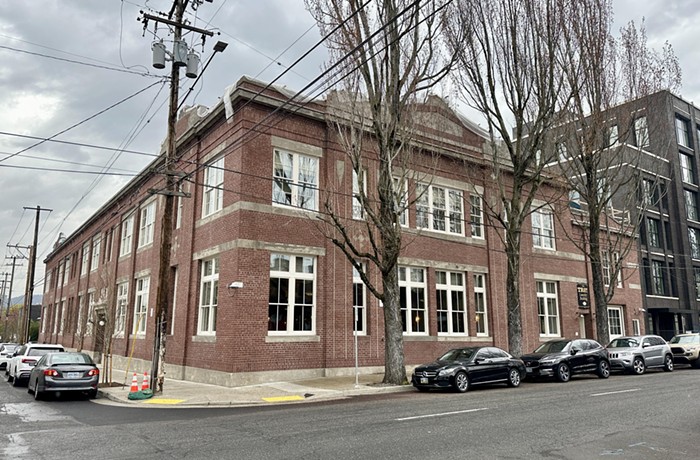One problem with the way many American cities are designed is that if someone doesn't have a car, they have a hard time being able to do basic things like get to work.
A new report from the Brookings Institute (pdf) about unemployment and public transit hit the sad, sad nail on the head about how cities with poor public transportation cut a huge chunk of their population off from job opportunities. This is one part of car ownership we talk a lot about: As employment centers have moved to suburbs (looking at you, Columbia Sportswear), people without cars have had a harder time finding ways to get to work. If you're broke in Chattanooga or you're a Floridian whose car needs $200 worth of repairs, relying on the bus to get to work could mean an hours-long commute or losing your job.
When I was growing up, my parents both drove an hour each way to hated it—the gas cut deeply into our budget and the wasted time to-and-from work meant my brother and I spent most afternoons after school home alone, eating DiGiorno pizza straight from the box. Now, every day as I cross the river, I feel grateful to live in a place where it's easy to bike to work in 15 minutes. It seems obvious, but you shouldn't have to be able to afford a car to get a job in this country.
The study ranks American cities by how possible it is to get to work via public transit. The Portland-Beaverton-Vancouver area ranks in the top 20 cities, with a score that's worse than some surprising places like Honolulu, Denver, and Las Vegas but slightly better than San Francisco and Seattle's. There's big regional differences is how possible it is to get to work without a car. Check it out:



















